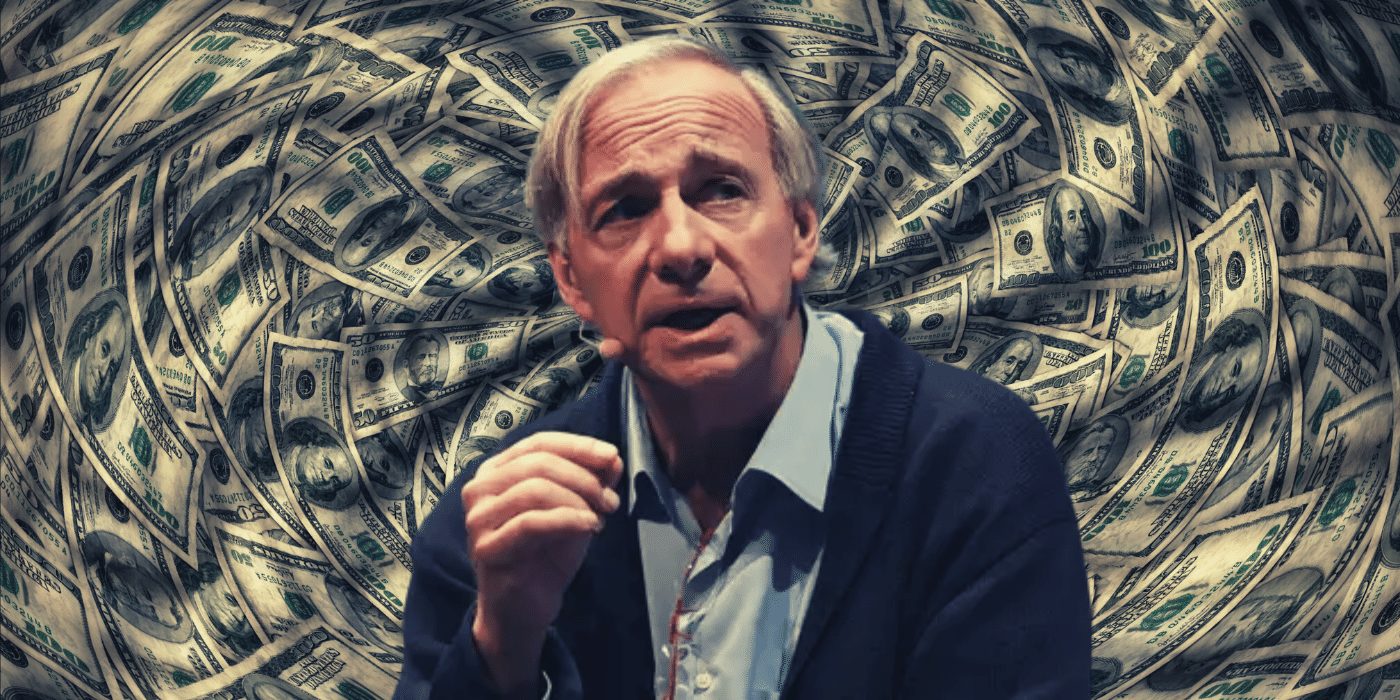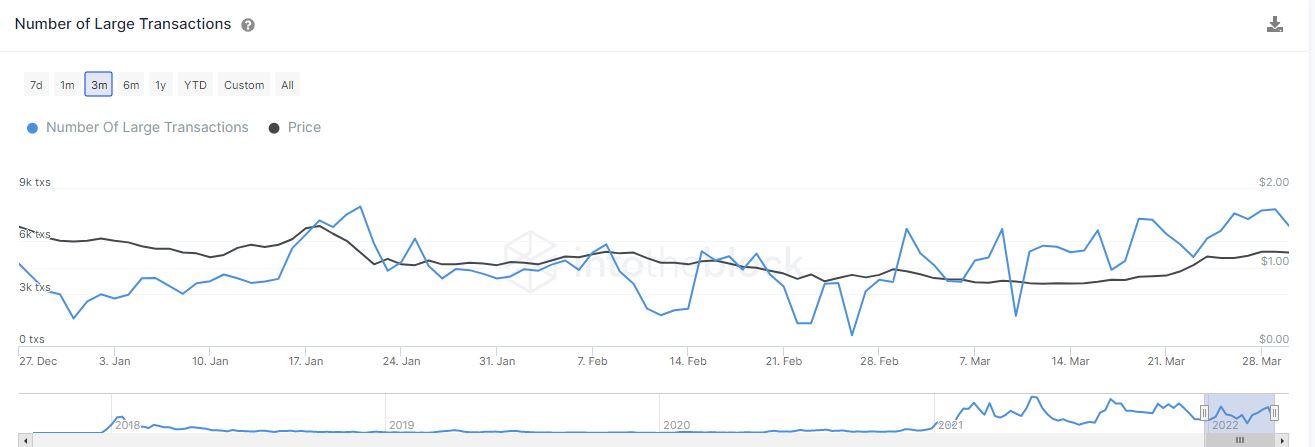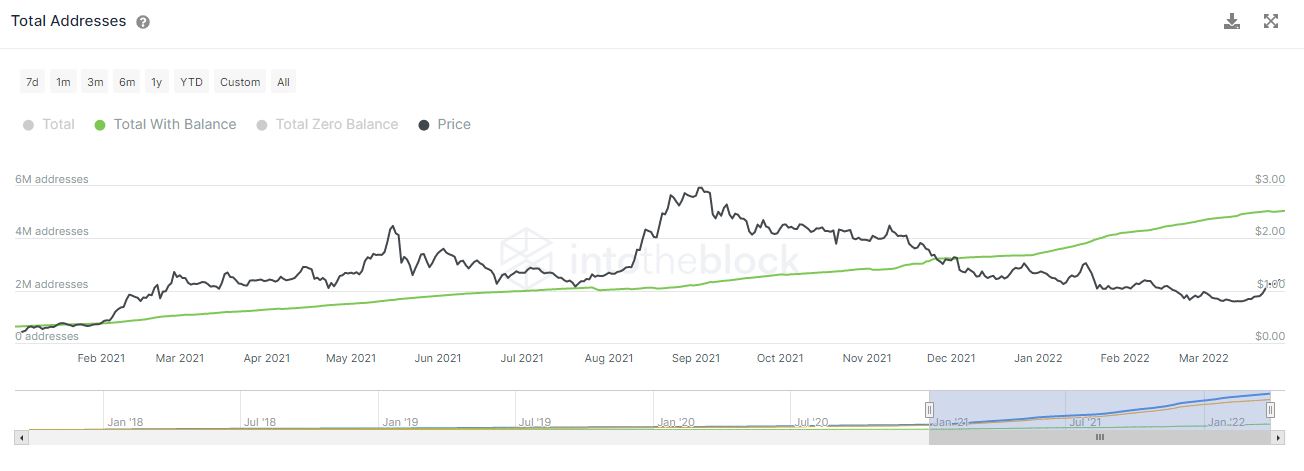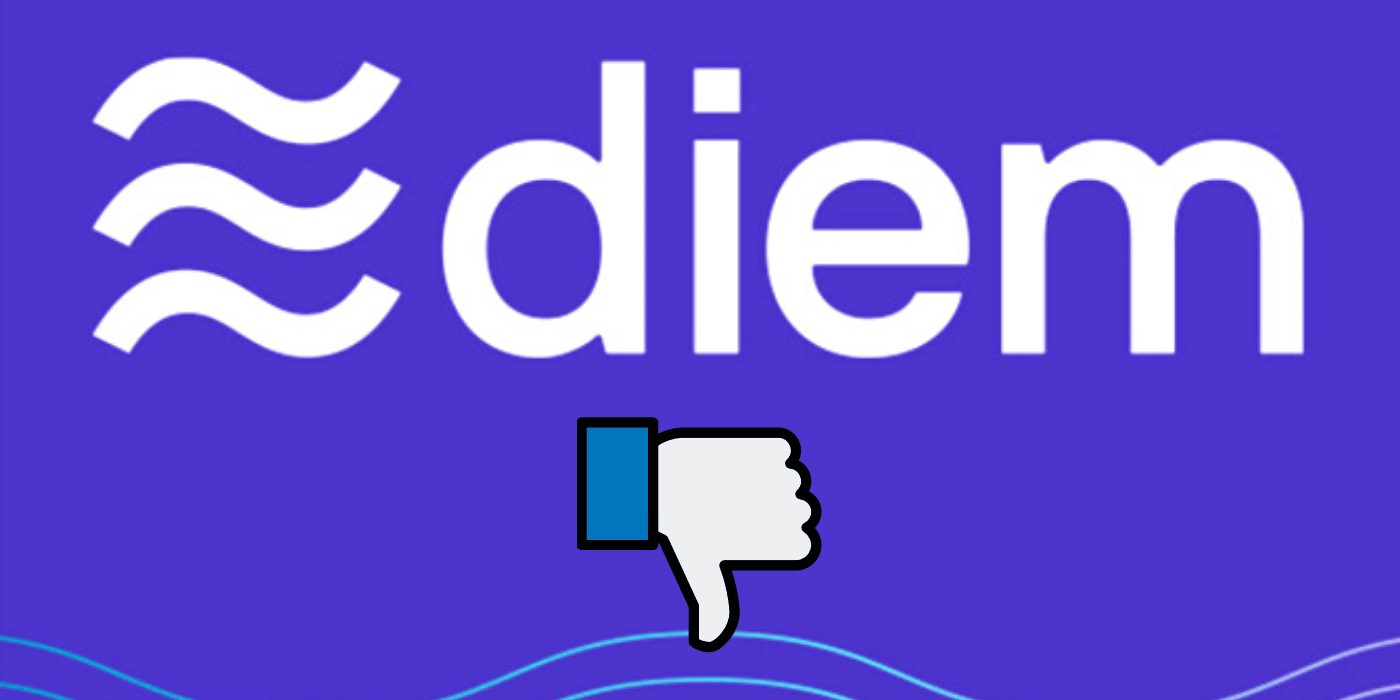Billionaire hedge fund manager and crypto advocate Ray Dalio, who claimed to own some Bitcoin, has warned about a 1930s-style currency devaluation phase in relation to goods and services, and that Bitcoin remains a valuable instrument against this scenario.
‘Cash is Trash’
During an interview with CNBC’s Squawk Box, Dalio talked about his current stance on Bitcoin, stating that he still holds a small amount of BTC on his portfolio.
Dalio went on to say that fiat currency is trash, explaining what he meant by this is that major currencies such as the euro or the yen will eventually “go down in relationship to goods and services”:
Dalio added that Bitcoin, given current economic conditions, remains a useful tool for investors looking to protect themselves against fiat hyperinflation.
Bitcoin has made a tremendous achievement over the last 11 years … I think the Bitcoin people get too preoccupied with it … the gold bugs get too preoccupied with it, and … you have to look at the broader set of assets that serve that purpose.
Ray Dalio, hedge fund manager and crypto advocate
However, Dalio wasn’t always a Bitcoin advocate. He changed his mind back in 2020 when the Covid-19 pandemic started bruising global economies, and he now considers BTC a store of value.
The New ‘Digital Gold’
Given the economic scenario that has been developing in the past few years in the US, more American hedge fund billionaires and institutional investors have turned their eyes to cryptocurrencies as the new “digital gold”.
While Dalio holds a “small amount” of BTC, another hedge fund manager, Bill Miller, isn’t quite as diversified. Crypto News Australia reported in January that Miller had gone big on his BTC investment, with half of his portfolio now tied up in the flagship cryptocurrency.
















